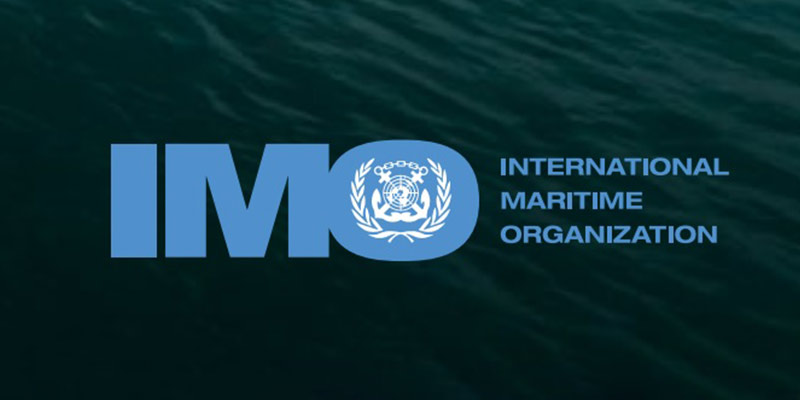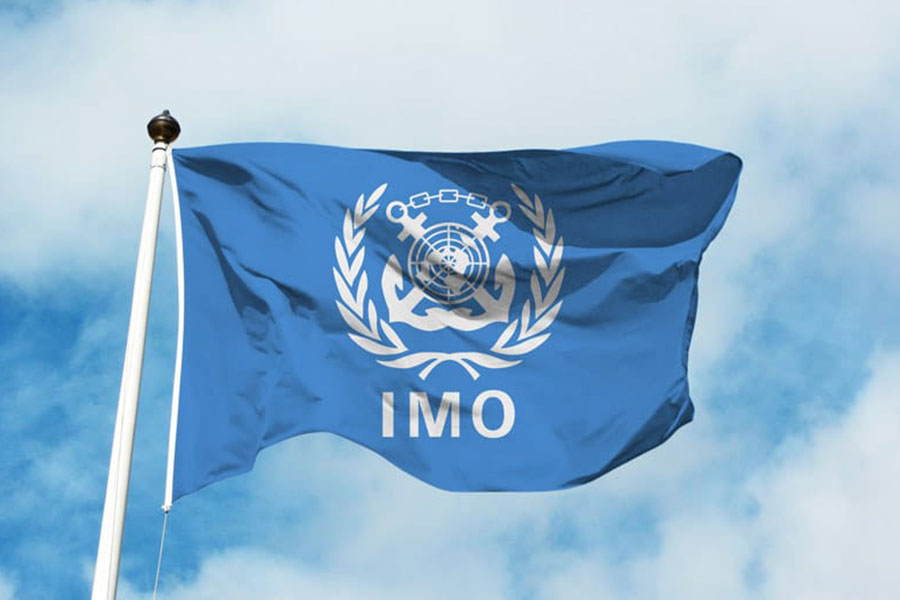The maritime transport industry is one of the key pillars of global trade, playing a critical role in the movement of goods and passengers across the world. In this industry, adhering to international standards and regulations is essential to ensure safety, security, and environmental protection. One of the most important international organizations responsible for establishing these standards is the International Maritime Organization (IMO). This article introduces the IMO and its role in the maritime industry.
What is the International Maritime Organization (IMO)?
The IMO, short for the International Maritime Organization, is one of the fifteen specialized agencies of the United Nations responsible for regulating international shipping. The main goal of the IMO is to promote maritime safety, enhance the security of maritime transport, and protect the marine environment. As a global entity, the IMO works with its member countries to create regulations that all nations must follow in their maritime transport operations.
History of the International Maritime Organization (IMO)
The IMO was established in 1948, and its activities began in 1959. The organization’s initial goal was to develop standards and regulations to increase ship safety and prevent maritime accidents. Since then, the IMO has played a crucial role in shaping international laws and regulations concerning maritime transport and environmental protection.

Key Responsibilities of the IMO
The IMO has several key responsibilities in the maritime industry, including:
Developing Safety Standards: The IMO has established a set of rules and regulations to ensure the safety of ships and sailors, including standards for ship design, construction, and operation.
Environmental Protection: The IMO has implemented regulations to prevent pollution caused by ships, such as those related to oil, gas, and chemical discharges into the marine environment.
Security Standards: The IMO has created rules to enhance maritime security and address threats like piracy and terrorism.
Regulating Maritime Traffic: The IMO works to prevent accidents and incidents by implementing modern systems for managing maritime traffic.
Main Conventions of the IMO
The IMO has adopted several important conventions that are widely enforced in the maritime industry. Some of the key conventions include:
SOLAS (Safety of Life at Sea Convention)
The SOLAS Convention is one of the oldest and most important IMO regulations, initially adopted in 1914 and continuously updated. The convention aims to ensure ship safety and prevent maritime accidents by setting requirements for ship design, equipment, and safety operations.
MARPOL (Marine Pollution Convention)
The MARPOL Convention, adopted in 1973, focuses on preventing marine pollution caused by ships. It covers pollution from oil, chemicals, and waste disposal, offering vital protections for the marine ecosystem.
STCW (Standards of Training, Certification, and Watchkeeping)
The STCW Convention, established in 1978, sets training requirements for seafarers. The goal is to ensure all sailors are properly trained to perform their duties, which improves safety on board and reduces the risk of accidents due to lack of qualifications.
ISPS (International Ship and Port Facility Security Code)
The ISPS Code, established in 2004, aims to improve security against terrorist threats and piracy. It mandates that ships and port facilities develop security plans and manage potential threats.
The Role of IMO in Maritime Transport
As an international body, the IMO plays a crucial role in improving performance and standards in the maritime transport industry. By setting international regulations, the IMO allows countries to implement uniform laws regarding safety and environmental protection, facilitating international trade and enhancing maritime safety.
Why is Familiarity with IMO Important for Maritime Professionals?
It is crucial for shipping companies, shipowners, and industry professionals to be familiar with the regulations and rules established by the IMO. This knowledge helps reduce legal and safety issues, making transport operations more efficient and compliant with global standards. Additionally, following these regulations can prevent legal penalties and play a significant role in protecting the marine environment.
Versk Shipping’s Role in Implementing IMO Regulations
In the maritime industry, building trust in adherence to international standards and regulations, such as those from the IMO, is vital. Shipping companies must ensure their activities are fully compliant with IMO conventions. Versk Shipping, with years of experience in the industry, has earned this trust by consistently adhering to IMO standards, including SOLAS, MARPOL, STCW, and ISPS.
By operating with advanced fleets and specialized teams, Versk Shipping ensures that all cargo is transported according to IMO regulations, avoiding legal and safety issues. In today’s world, this trust is essential in the maritime transport industry, and Versk Shipping provides this confidence to its clients, ensuring the interests of all stakeholders in the transport industry (cargo owners and shipping lines) are safeguarded.


